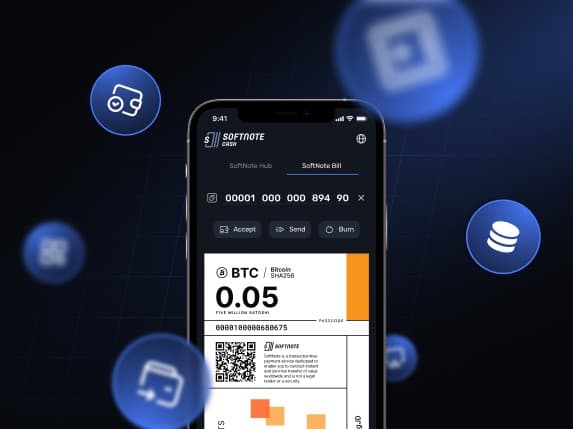Is it possible to integrate blockchain into digital payments beyond cryptocurrencies? How will decentralized technology merge with centralized systems? What are the risks, challenges, and obstacles? This article will answer these questions and more.
Understanding a Blockchain Payment Gateway
First, we need to examine what a blockchain payment gateway is to understand the possibilities of merging it with digital transaction systems.
A blockchain payment gateway is any digital platform that enables people and enterprises to send and receive money through distributed ledger technology. Contrary to popular belief, blockchain extends beyond cryptocurrencies.
Blockchain is a unique data architecture that spreads data storage and authority across multiple “mini servers” instead of a central point. Critically examining this point will outline how blockchain can support digital payments.
Financial transactions are data, just like any other information. However, they are sensitive, and breaches can result in significant loss. Nevertheless, decentralized technology is a very secure form of storing data. If service providers can find ways to store monetary data on decentralized servers, they can create a payment gateway built on blockchain.
Methods to Integrate Blockchain Solutions for Payments
There are several ways to integrate blockchain as a payment gateway into any platform, each with its respective advantages and requirements.
Some of these methods include the following:
- API Integration: This process involves the payment platform obtaining API keys from the blockchain network and integrating them into the platform. A good example is integrating SoftNote Bills as a crypto payment method directly on your e-commerce store.
- Plugin Integration: In this case, the service provider does not have to contact the payment gateway for API keys. The payment method is already customized as a plugin for the platform. All the business owner needs to do is install it and start using it. Imagine having a SoftNote plugin that you can directly install on WordPress or Shopify.
- SDK Integration: Unlike plugins and API keys, SDK integration is deeper and allows the service platform to customize the payment gateway extensively. Software Development Kit integration is more technical and often requires creating a unique solution. A good example is building a payment solution directly on the Tectum blockchain.
- Hosted Payment Pages: Ever tried to pay for services at an online store only to be redirected to a different website? That is a hosted page, which involves sending the customer to a separate “cashier” for payment. A good example is redirecting you to the SoftNote.cash website to hand over your Bill.
- On-Chain Integration: In this case, there is not much deviation from the blockchain. Payments are tied to a smart contract that will only be fulfilled once the prerequisite conditions are met. For example, funds stored in a SoftNote Wallet are only released to the seller after the goods are delivered.
Will More Service Providers Adopt Blockchain Payment Gateways?
While the current market demands efficiency, it is uncertain whether service platforms will widely adopt blockchain payment gateways. Currently, hosted website integrations seem to be the most common option.
The seller redirects the user to an external cryptocurrency payment solution or provides a secure crypto wallet public address. Following this interaction, the buyer pays through one of these methods. While this option is effective, it is inefficient, and there are more seamless alternatives.
APIs, plugins, and SDKs would be more suitable for blockchain payments. SDKs, in particular, allow the service provider to create their own payment solution.









